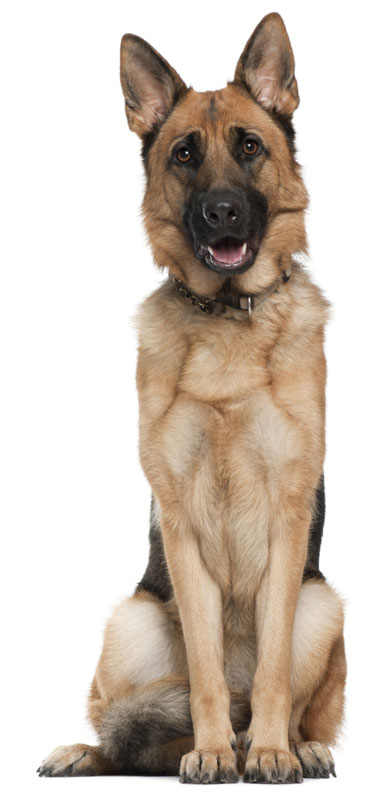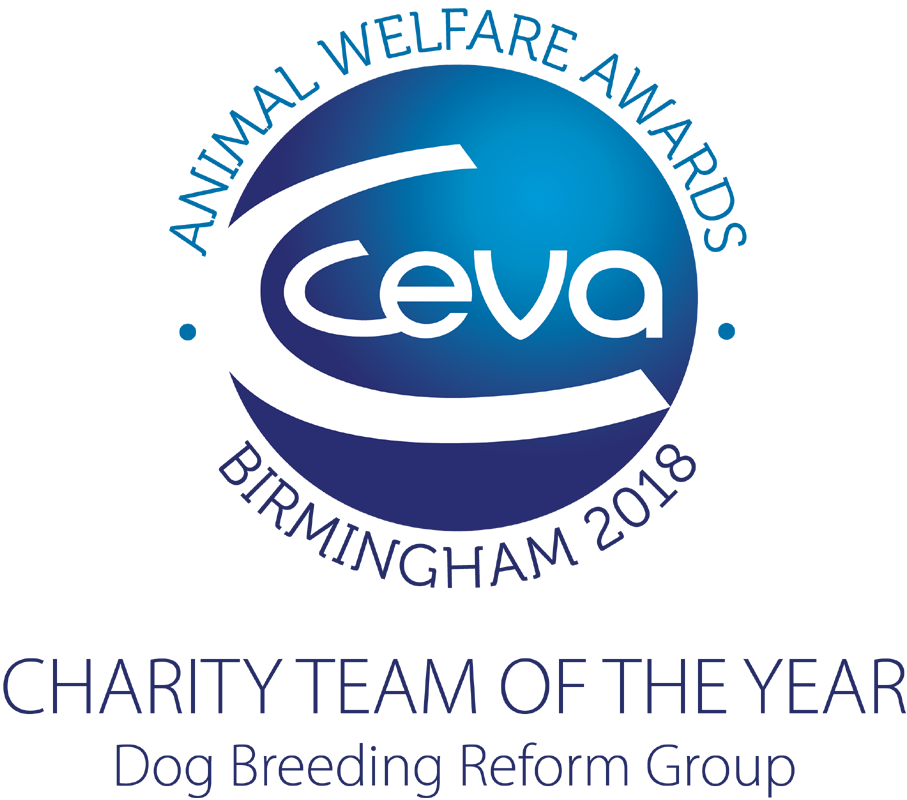When Things Go Wrong
|
What to do if your apparently healthy puppy develops a breed-related genetic disease or health problem which could have been avoided. |
|
A breeder is responsible for the puppies he or she produces. If the dog you paid for has breed-related conformation issues or a documented genetic disorder, especially those that affect a dog’s quality of life, there is a responsibility on the breeder to assist you in dealing with these problems. Similarly if the puppy becomes ill soon after being acquired and infectious disease (e.g. canine parvovirus) is involved the breeder may be culpable.
This responsibility can be shown in a variety of ways: offering to take the puppy back, providing you with some sympathy and support, refunding the cost of the puppy, directing you to appropriate veterinary care, contributing to veterinary costs and reporting the problem to the relevant Breed Club. All pedigree dogs have Kennel Club affiliated Breed Clubs and some crossbreeds also have a Breed Club. For example, Cockapoo and Labradoodle. Many breed-related inherited diseases develop in a dog's adult life. A breeder's responsibility exists for the whole of a dog's life so if a dog develops a breed-related problem at the age of 4 years, 6 six years or even older, an owner should report this to the breeder, breed club and Kennel Club. The steps outlined below apply to adults dogs as well as puppies. |
The following steps provide guidance:
|
How do you know if a problem could have been avoided?You can check whether a disease is breed-related by looking at the appropriate breed page on the Dog Breed Health website: www.dogbreedhealth.com
Find your breed in the Breed Health Information Index and check to see if your dog’s diagnosed disorder is listed. The breed page will also tell you whether one of the BVA/KC Health Schemes is applicable or whether there is a DNA test available for your dog’s diagnosed disorder. Returning a dog to the breederMany breeders will offer to take back a puppy or young dog if there are problems. However in reality the vast majority of owners will have already bonded with their dog and may be unwilling to do this.
What legal rights does a dog owner have?Buying a dog is a commercial transaction as well as an emotional one. In law, an animal is classed as ‘goods.’ If your puppy becomes sick and dies, or develops an early onset genetic disease, a puppy buyer potentially has some protection under the Consumer Rights Act 2015. In such cases civil actions can be pursued through, for example, the small claims court. In reality this course of action is very rarely pursued because of the complexity, costs and time involved.
Dog owners now have greater protection under The Animal Welfare (Licensing of Activities Involving Animals) Regulations 2018, Schedule 6 Breeding of Dogs states: 'No dog may be kept for breeding if it can reasonably be expected, on the basis of its genotype, phenotype or state of health that breeding from it could have a detrimental effect on its health or welfare or that of its offspring.' |








